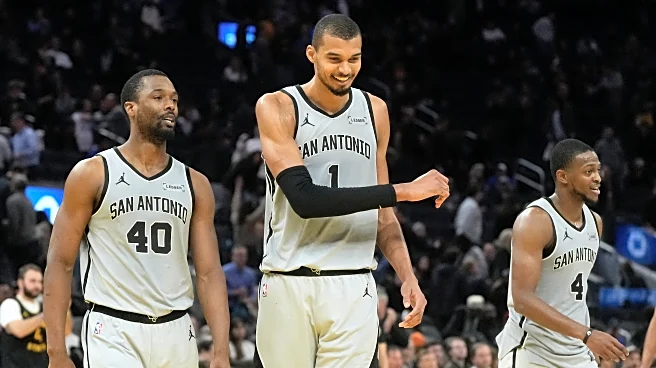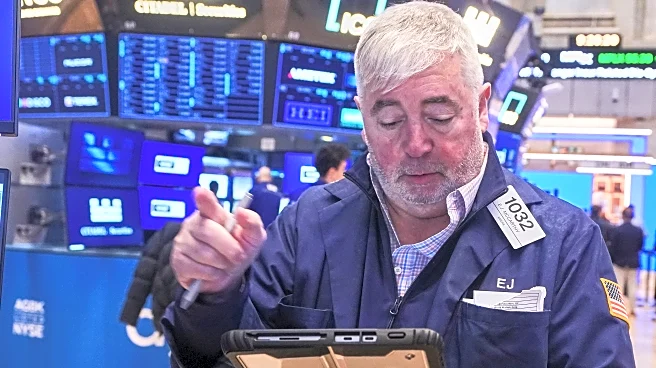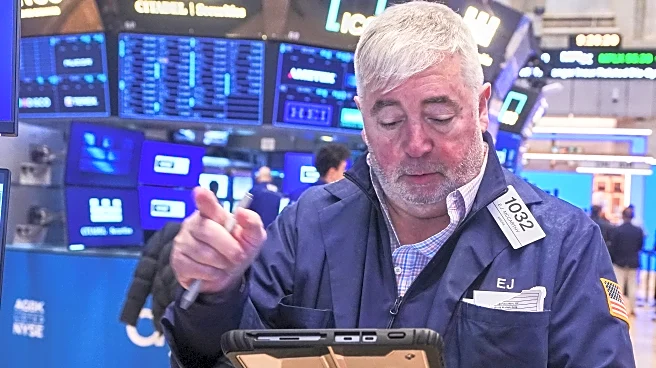Rapid Read • 7 min read
David Justice, former Atlanta Braves right fielder, recently shared insights into his marriage with actress Halle Berry during an interview on the 'All the Smoke' podcast. Justice revealed that their three-year marriage ended partly because he expected Berry to fulfill traditional roles such as cooking and cleaning, which she did not. He admitted that his understanding of relationships was limited at the time, influenced by his Midwest upbringing and his mother's example. Justice also noted that Berry's demanding work schedule contributed to their separation, as they spent significant time apart due to her filming commitments.
AD
The discussion highlights the impact of traditional gender roles and expectations on relationships, particularly in the context of high-profile marriages. Justice's reflections underscore the challenges faced by couples when personal expectations clash with professional demands. This conversation may resonate with many individuals navigating similar dynamics in their relationships, prompting discussions about the importance of communication and understanding in partnerships. Additionally, Justice's acknowledgment of therapy as a potential solution suggests a growing recognition of mental health support in maintaining healthy relationships.
While Justice has moved on, marrying Rebecca Villalobos and raising three children, Berry has also continued her life, welcoming two children from subsequent relationships. The interview may spark further dialogue about the evolving roles of women in both domestic and professional spheres, and how these roles are perceived by their partners. It could also lead to increased awareness and acceptance of therapy as a valuable tool for relationship management.
Justice's comments reflect broader societal shifts in the understanding of marriage and gender roles. As more individuals challenge traditional expectations, there is potential for cultural change in how relationships are structured and maintained. This shift may influence future generations to prioritize mutual respect and shared responsibilities over conventional roles.
AD
More Stories You Might Enjoy











